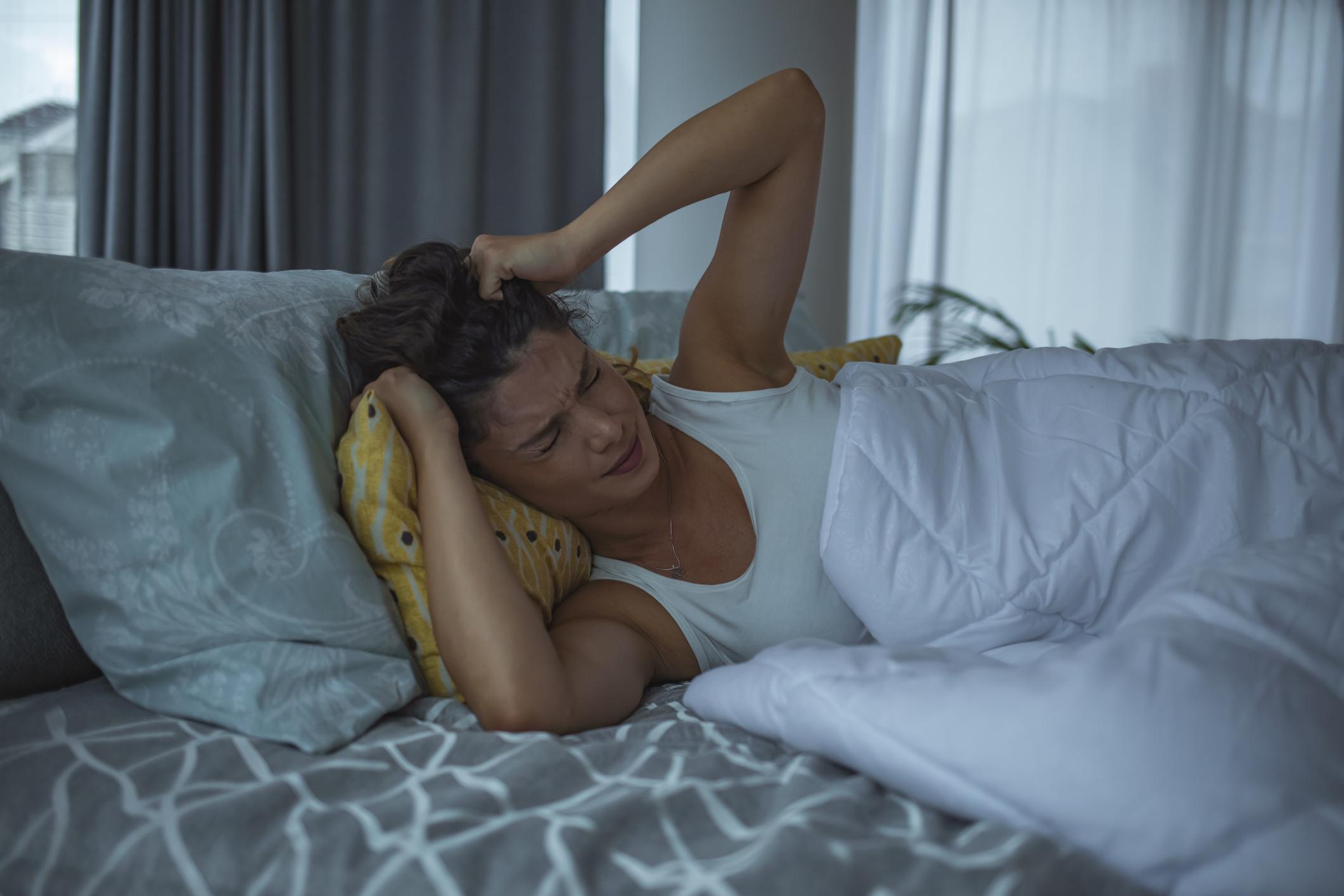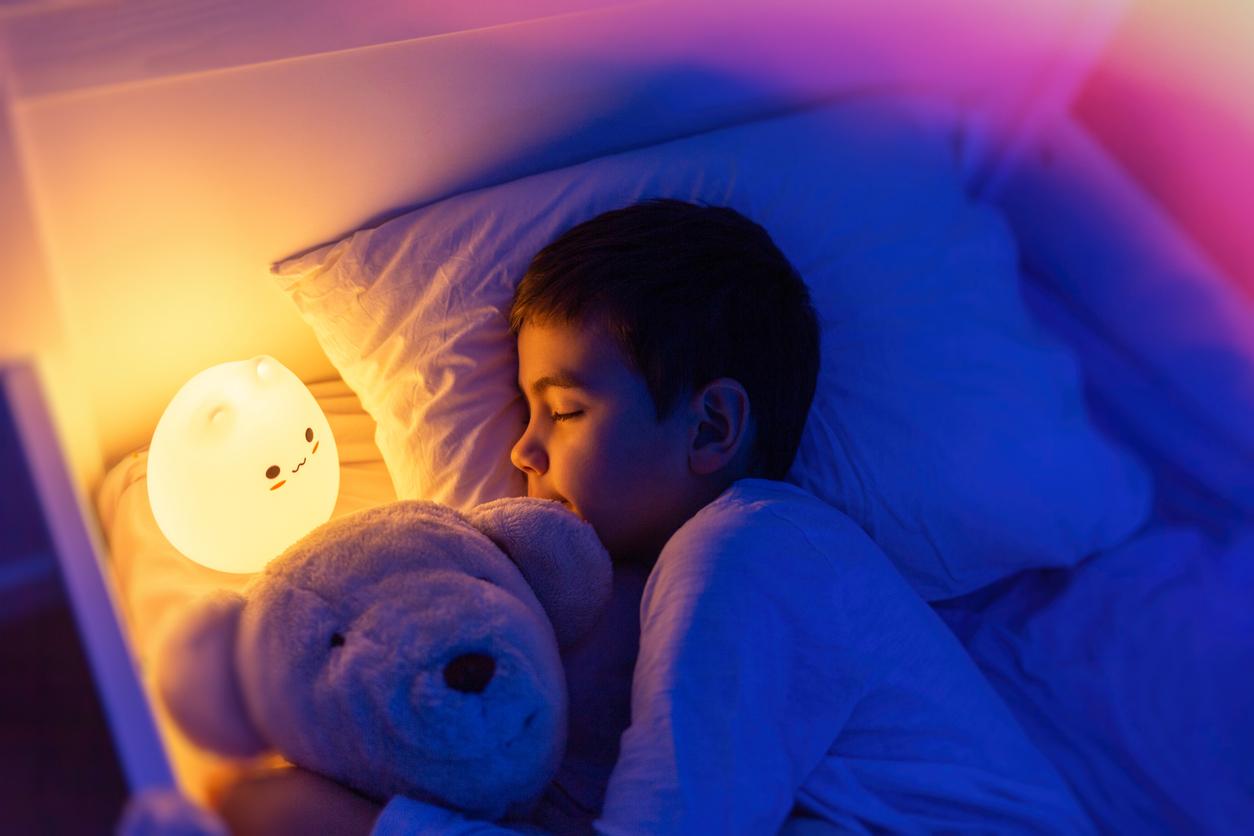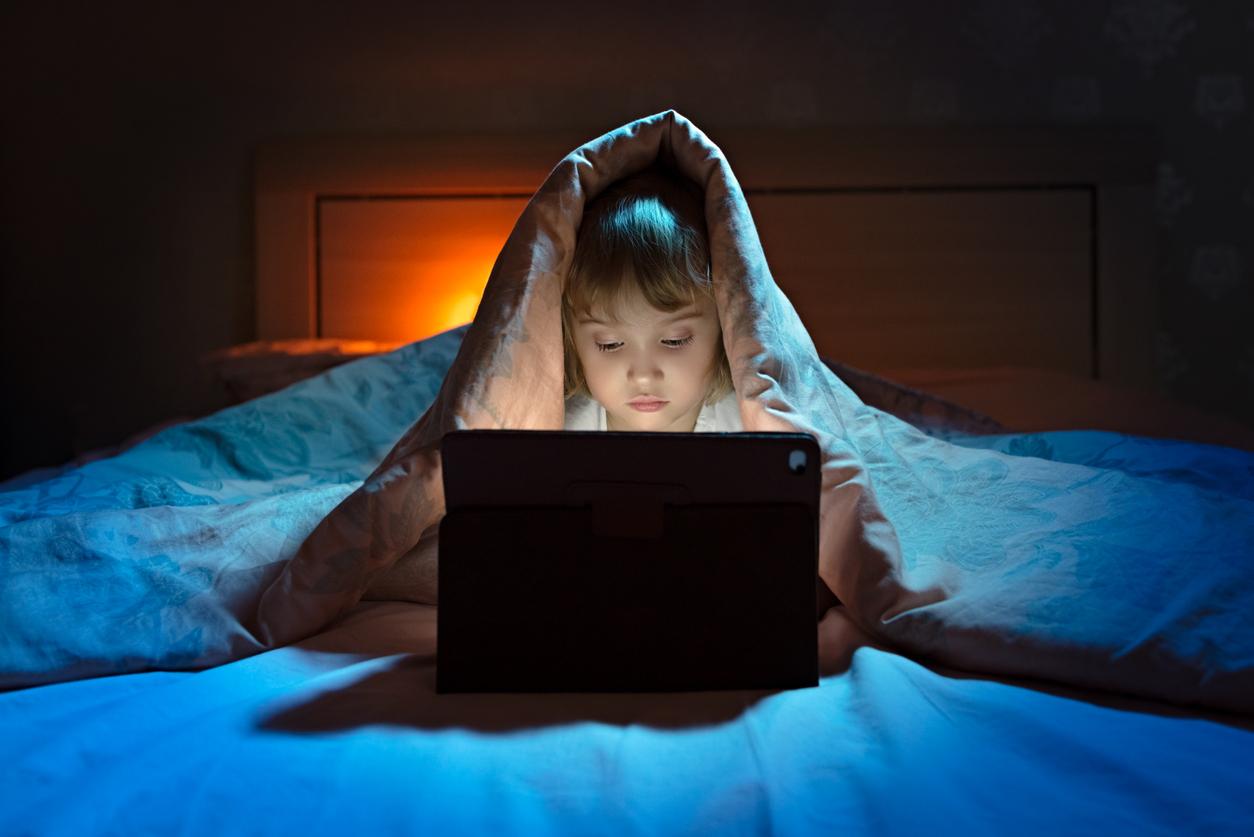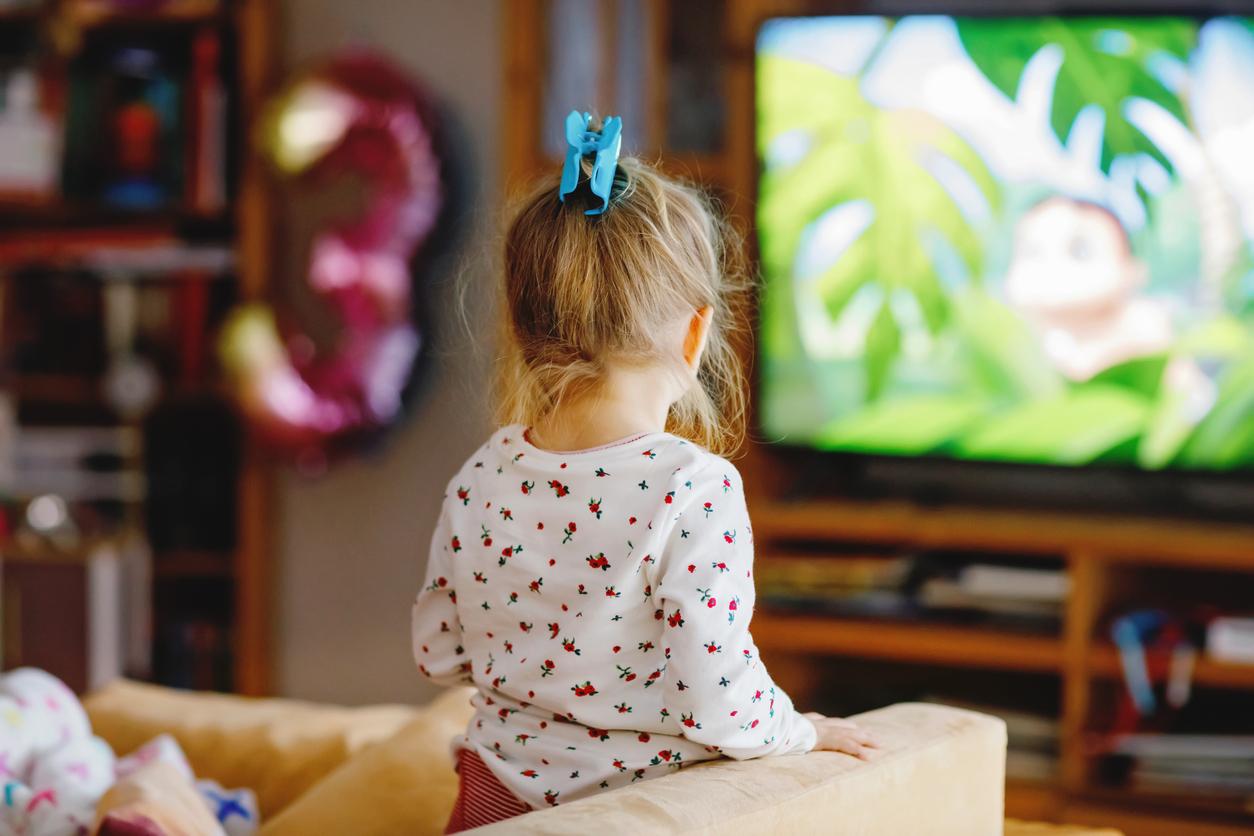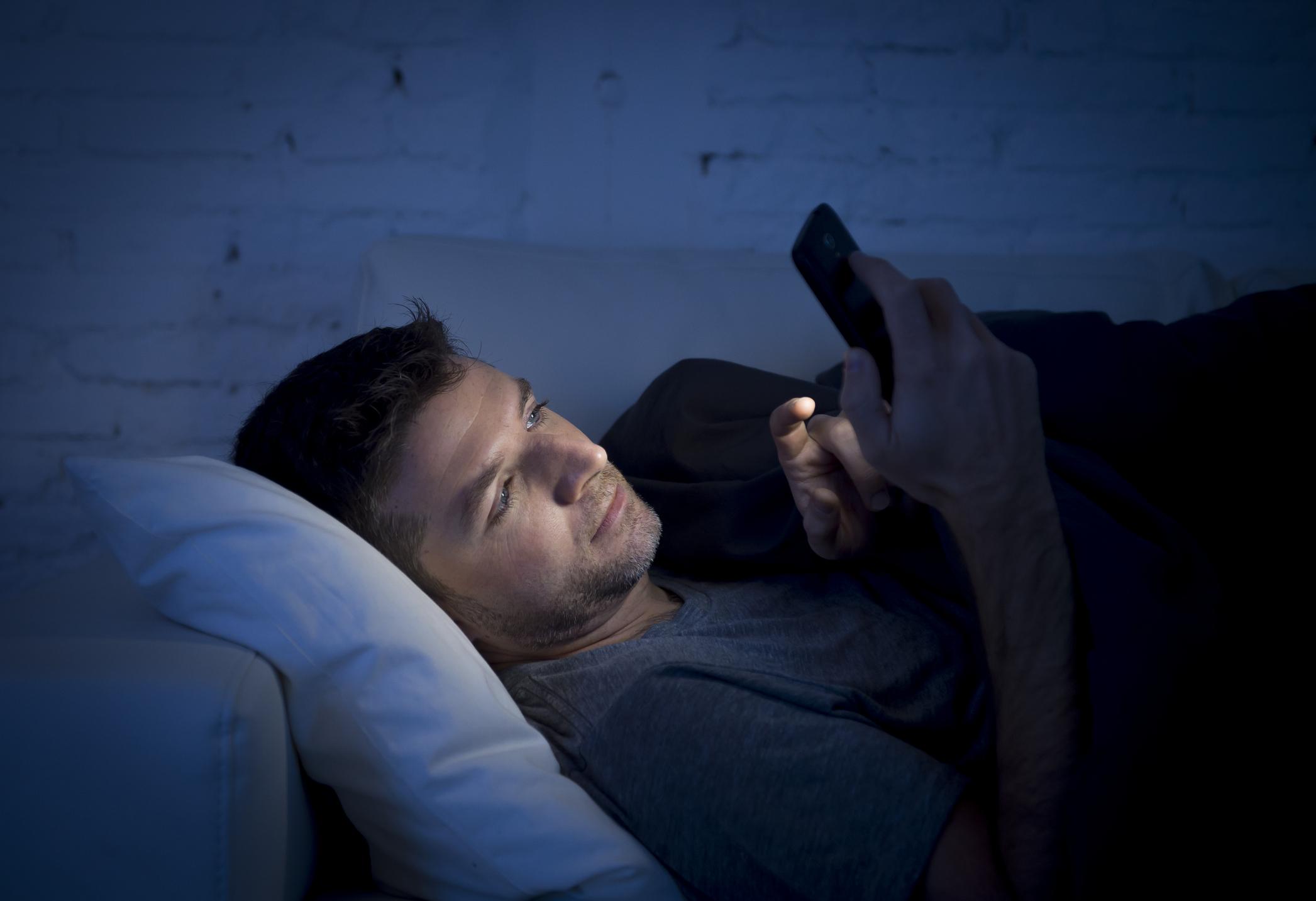Presented as protection for your eye health, “like sunscreens for your skin”, Blue Protect can be found on pairs of glasses. His goal ? Protect your eyes from the blue light emitted by screens.

Blue light is more and more talked about: it is that of our screens, that which is not devoid of toxicity for vision. It is actually implicated in the appearance of retina (AMD) and lens (cataract) problems.
As a result, different companies have created technology that allows the eye to defend itself. The first study dates from 1966, it will be followed by the work of Marshall in 1972. But in recent years, the theory has been put into practice. The eyewear market is experiencing a new generation of lens material protecting against blue light: “ This is a filter included in an ophthalmic lens that specifically stops wavelengths of light between 420 and 460 nm, details Alice Robert, qualified optician Alain Afflelou. This is a big step forward because the harmfulness of blue light is no longer debated today. “ The consensus is not so obvious, however.
The eye does not rest
Blue light is not an evil or a good in itself, it simply interacts with our eyes on a daily basis. Clearly, it is a short wave light from which emanates more energy than a yellow or red (magenta) light. The eye needs it to work and in the evening, it tries to recover from its effort. It is therefore more demanding of orange-yellow light.
The problem comes from the fact that we impose on it screens (television, computer, telephone, etc.) rich in blue light coming from the LED device. As a result, the eye does not rest and gets even more tired. It is on this fatigue that the defenders of “Blue Protect” play.
Disagreements among specialists
“Ophthalmologists have played a major role in blue light studies, assures Alice Robert. The best known of these in France was carried out by the Institut de la vision, an offshoot of the Center Hospitalier National d’Ophthalmologie des 15-20, headed by Professor Sahel.. “ However, not all share his point of view: “Already, nothing proves the harmfulness of this blue light on the cones” (retinal cells perceiving colors including Cyan = blue), says an ophthalmologist from Lyon. “ Also, it has not been shown to promote or worsen diseases such as AMD, age-related macular degeneration. “
The evidence of the benefits of this technology is therefore not proven. To reconcile the two points of view, Blue Protect is useful in certain cases: “For my part, I never recommend it to my patients, insists the ophthalmologist. But I explain to them that it can relieve people working 8 hours a day on screens. “
.










